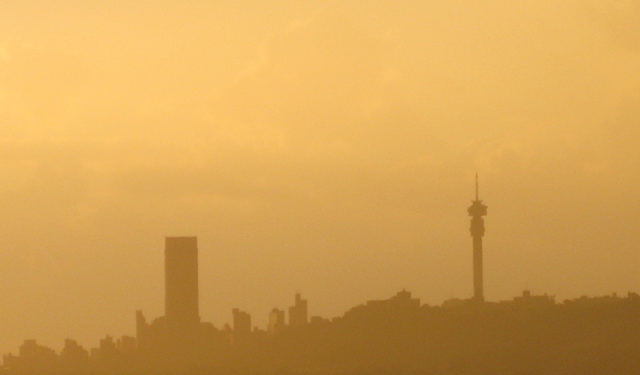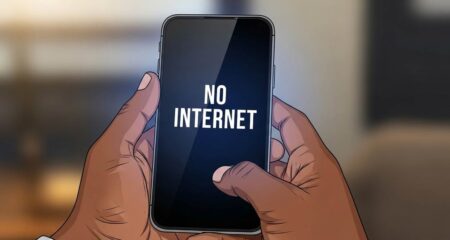
South Africa’s two main opposition parties failed to clinch a deal on forming coalitions to manage some of the country’s biggest cities and shut out the ruling ANC, meaning they will probably be run by minority governments.
Coalition talks have been under way after 3 August local government elections left 27 municipalities with hung councils. These include the industrial hubs of Johannesburg and Ekurhuleni, the capital Pretoria, and the southern port city of Port Elizabeth — centres that were previously controlled outright by the ANC and have combined annual budgets of about R130bn.
The Democratic Alliance and the Economic Freedom Fighters, the ANC’s main rivals, have said previously they are prepared to work together but not with the ruling party. After much debate, the EFF balked at entering into coalitions, said James Selfe, the chairman of the DA’s federal executive committee.
“They are not interested in that,” he said by phone on Wednesday. “We will have to see what other forms of cooperation are possible.”
The EFF won more than 10% support in Tshwane, which includes Pretoria, and Johannesburg, making its backing crucial for the ANC and DA to control those cities. Selfe said he couldn’t immediately comment on the DA’s prospects of appointing the mayors of the two cities.
The ANC also hasn’t been able to entice the EFF into coalitions, Gwede Mantashe, the ruling party’s secretary-general, said by phone on Tuesday.
“The main player that can make a difference in the negotiations for the metros is the EFF,” Mantashe said. “They have turned us down, but we are still talking.”
Mbuyiseni Ndlozi, the EFF’s spokesman, didn’t answer calls to his mobile phone. Both the DA and EFF are due to hold press conferences later on Wednesday.
On a macroeconomic policy level, the two main opposition parties are far apart — the DA favours making it easier to do business, while the the EFF advocates the nationalisation of mines and banks and the expropriation of white-owned land without compensation.
The elections saw the ANC record its worst performance in a vote since Nelson Mandela swept the party to power to end apartheid in 1994. Its share of the national popular vote fell to 54,5% from 62,2% in national elections two years earlier, with a series of scandals implicating President Jacob Zuma, an economic slump and high unemployment eroding its urban support. — (c) 2016 Bloomberg LP




